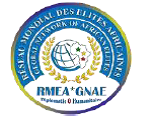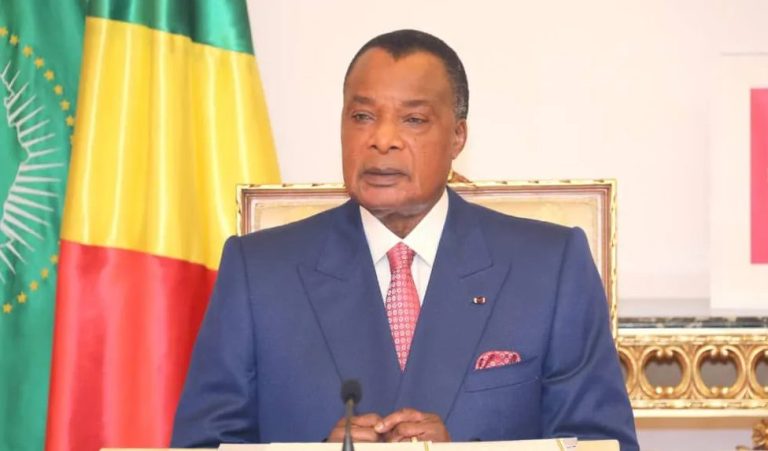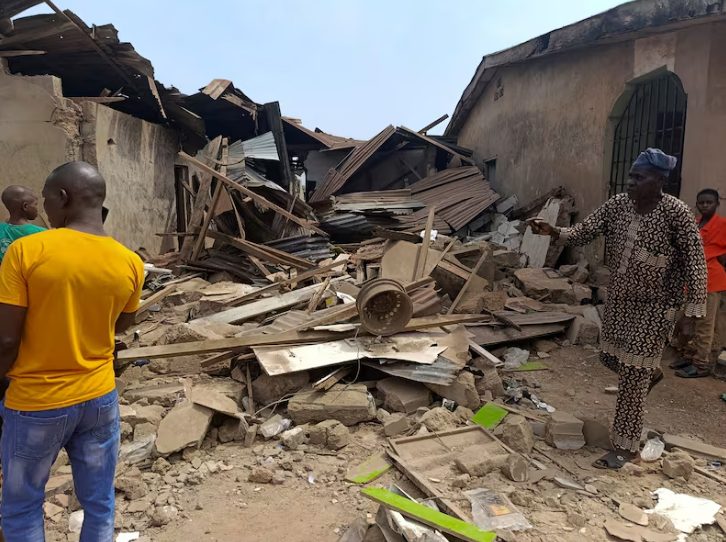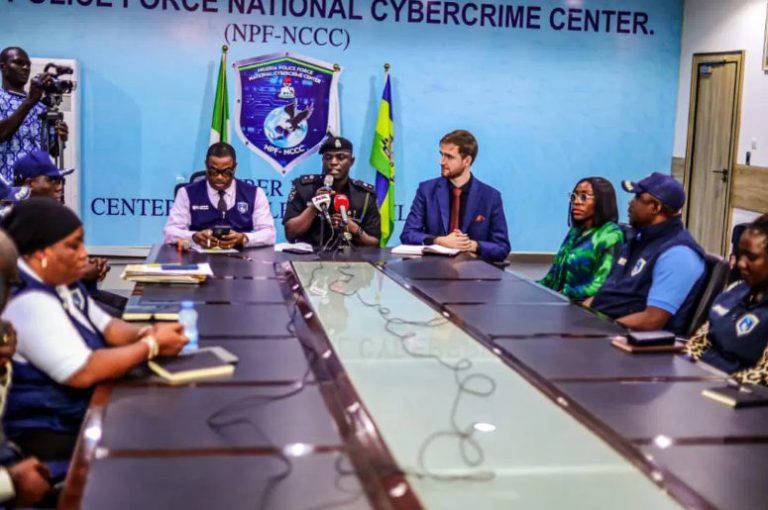
Global Network of African Elites (GNAE)
Diplomatic and humanitarian organizations play a vital role in promoting global cooperation, providing aid, and protecting human rights
The organization aims to achieve humanitarian goals through diplomatic means which is the use of high-level engagement to influence parties to armed conflicts and their sponsors to pursue humanitarian objectives. It requires the nurturing of relationships at the highest level and is an important component of the Emergency Relief Coordinator’s (ERC) vision for the future of humanitarian response.
As a way of addressing both long and short-term needs, humanitarian diplomacy can be used for different purposes, and is practiced at different levels by different individuals, from the ERC to IASC Principals, Heads of Offices, Humanitarian Coordinators and others. It can be used to help mobilize influence over actors that are impeding humanitarian access, including state actors and non-state armed groups and to raise protection concerns or respond to global humanitarian issues.
Global Network of African Elites (GNAE), was established on June 26, 2010. a non-governmental, non-profit organization operating as an association with a diplomatic, humanitarian, and economic, social, and cultural development character, and enjoying extraterritorial status. GNAE has an official global office in the United States, located in the state of Texas, along with an African office in Abidjan, Côte d’Ivoire, and a network of more than ten resident representatives across Africa and worldwide.

Its organizational profile has been validated by the United Nations Department of Economic and Social Affairs (DESA), and it is registered within the United Nations system (DESA Civil Society System), which governs non-governmental organizations in accordance with the structural and organizational model of the UN. GNAE is also listed on the official DESA website.
GNAE benefits from multiple cooperation agreements and partnerships with public and private institutions, organizations, and both national and international entities. Some of these agreements include headquarters agreements in compliance with international conventions and treaties signed by member states, such as:
- The Hague Convention of 1956 on the legal status of non-governmental organizations;
- The Vienna Conventions of April 18, 1961, and April 24, 1964, on diplomatic and consular relations;
- The treaties of 1945 and 1948 related to the respect for human rights, humanitarian intervention, and the protection of lives in cases of conflict or disaster;
The 1949 treaty establishing rules for the protection of lives without distinction, forming the foundation of international humanitarian law.
This special status enables GNAE to maintain diplomatic and humanitarian cooperation with these signatory states if they so choose. It further facilitates GNAE’s efforts to implement the 17 Sustainable Development Goals (SDGs) within their countries, improving the quality of life for their local populations.
Our Vision:
To make GNAE a center of excellence in Africa and globally, dedicated to diplomacy, economic and social development, and sustainability.
Our Mission (Role):
Under the aegis of the United Nations, we actively contribute to achieving the 17 Sustainable Development Goals (SDGs). Our core focus encompasses the three main dimensions of these goals:
Diplomacy
Humanitarian Aid
Economic, Social, and Cultural Development
Our Objectives:
Serve as an intermediary, interlocutor, or mediator between states, international institutions, organizations, and populations.
Educate and raise awareness among populations on issues such as the environment, human rights, solidarity, health, education, and development.
Act as an auxiliary body for states, institutions, and national and international organizations.
Be an interface between development actors and populations.
Work in the field of people’s solidarity, human rights, and environmental protection.▪
Combat poverty, unemployment, illegal migration, inequality among nations, gender inequality, and child abuse.
Promote peace, education, health, youth entrepreneurship, work, and strengthen relationships between states, national institutions, and international organizations.
Support government policies on training and integrating youth as actors of sustainable development.
“Diplomacy in Service of Africa’s Unity, Integration, and Economic Development.”
In conclusion, diplomatic and humanitarian organizations play a crucial role in promoting global cooperation, providing aid, and protecting human rights. Their work helps to foster a more peaceful, stable, and just world.




